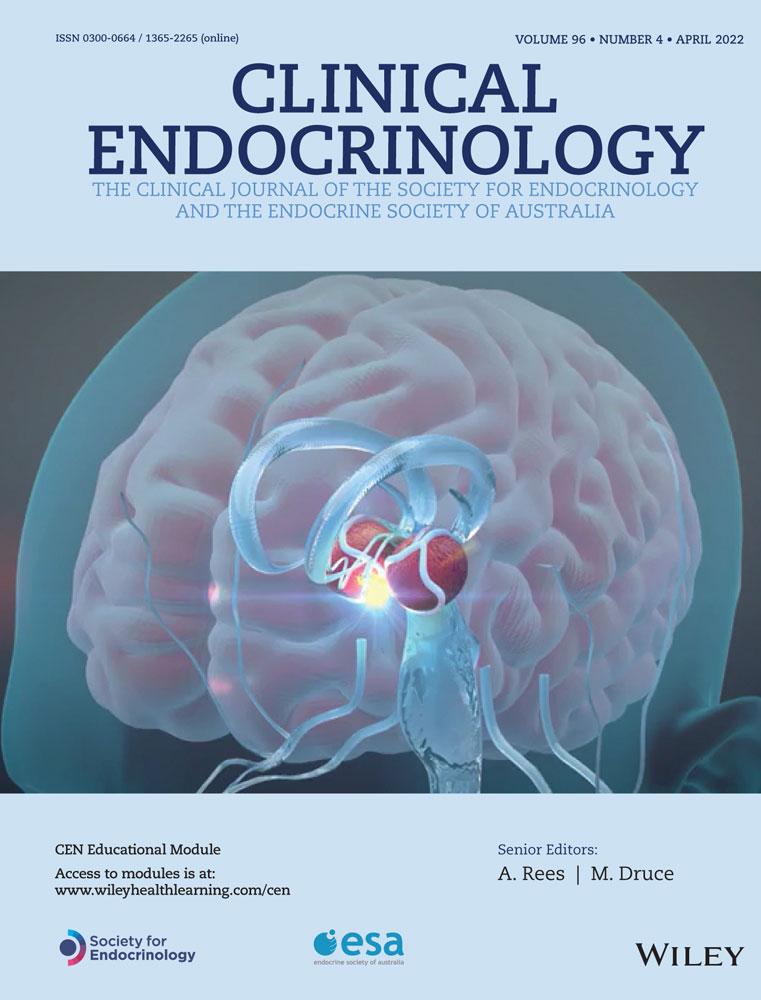Younger age and early puberty are associated with cognitive function decline in children with Cushing disease
Abstract
Objective
To investigate the effect of hypercortisolism on the developing brain we performed clinical, cognitive, and psychological evaluation of children with Cushing disease (CD) at diagnosis and 1 year after remission.
Study Design
Prospective study of 41 children with CD. Children completed diverse sets of cognitive measures before and 1 year after remission. Neuropsychological evaluation included the Wechsler Intelligence Scale, California Verbal Learning Test, Trail Making Test, the combined subset scores of Wide Range Achievement Test and Woodcock-Johnson Psychoeducational Battery Test of Achievement, and the Behavioral Assessment System for Children.
Results
Comprehensive cognitive evaluations at baseline and 1 year following cure revealed significant decline mostly in nonverbal skills. Decrements occurred in most of the various indices that measure all aspects of cognitive function and younger age and early pubertal stage largely contributed to most of this decline. Results indicated that age at baseline was associated with positive regression weights for changes in scores for verbal, performance, and full intelligence quotient (IQ) scores and for subtests arithmetic, picture completion, coding, block design, scores; indicating that older age at baseline was associated with less of a deterioration in cognitive scores from pre- to posttreatment.
Conclusion
Our findings suggest that chronic glucocorticoid excess and accompanying secondary hormonal imbalances followed by eucortisolemia have detrimental effects on cognitive function in the developing brain; younger age and pubertal stage are risk factors for increased vulnerability, while older adolescents have cognitive vulnerabilities like that of adult patients affected with CD.
CONFLICT OF INTERESTS
The authors declare that there are no conflict of interests.
Open Research
DATA AVAILABILITY STATEMENT
The data that support the findings of this study are available from the corresponding author upon reasonable request.




